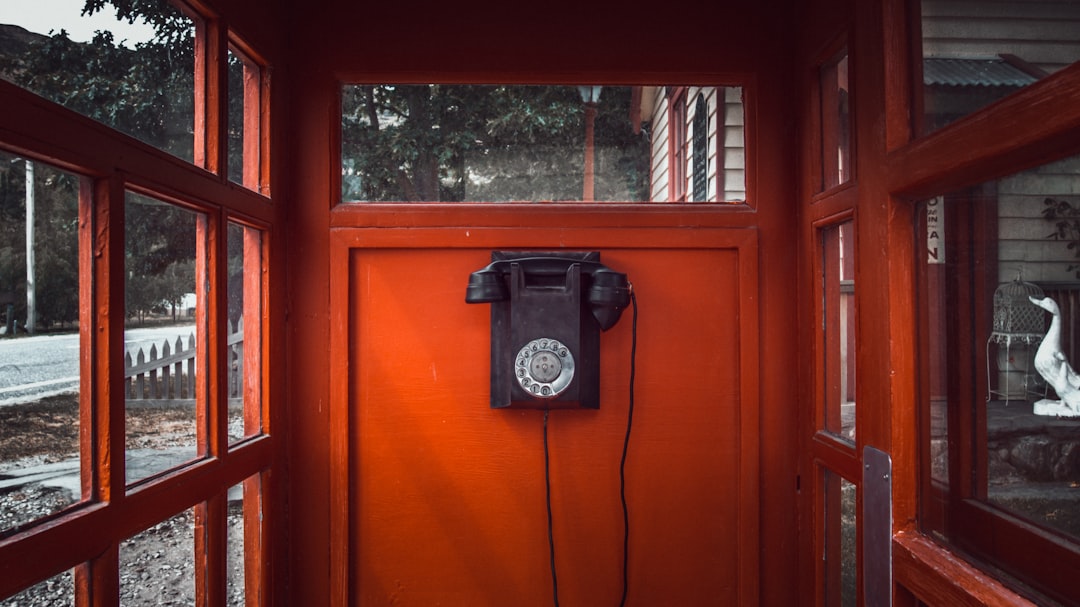New Hampshire's strict Do Not Call laws protect residents from unwanted telemarketing by mandating a state registry for opt-outs, prohibiting calls to listed numbers, and enforcing explicit consent. Businesses in Wolfeboro often violate these rules through record-keeping errors and lack of confirmation, facing penalties and legal liability. Effective defense strategies include challenging the violation's validity or claiming legitimate business purposes, while swift evidence gathering and understanding potential outcomes are crucial for compliance.
“In Wolfeboro, New Hampshire, understanding and adhering to Do Not Call Laws is paramount to avoid legal pitfalls. This article guides you through the intricacies of these laws, shedding light on common mistakes that often lead to violations. We explore effective legal strategies for defending against charges, offering insights into navigating the legal process and potential outcomes. By familiarizing yourself with Do Not Call Laws in New Hampshire, you can fortify your defenses and ensure compliance.”
Understanding Do Not Call Laws in New Hampshire
In New Hampshire, Do Not Call laws are designed to protect residents from unsolicited telephone sales calls and marketing. These laws are stringent, with penalties for violators that can include substantial fines and legal liability. The state’s Do Not Call registry is a crucial component of these regulations, allowing citizens to opt-out of receiving telemarketing calls. It’s illegal for businesses to make phone calls to individuals listed on this registry.
New Hampshire’s Do Not Call Laws also specify the times during which such calls are permitted, typically limiting them to certain hours and excluding weekends and holidays. Businesses must obtain explicit consent before making sales calls, and failure to adhere to these rules can result in legal action. Residents who believe their rights have been violated can file complaints with the New Hampshire Attorney General’s office.
Common Mistakes That Lead to Violations
Many individuals and businesses in Wolfeboro, New Hampshire, often find themselves on the wrong side of Do Not Call laws due to common mistakes that can be easily avoided. One of the primary errors is failing to maintain accurate records of calls made, especially when utilizing automatic dialing systems or software. Businesses must ensure they have proper documentation for every call, including the caller’s consent and any opt-out requests, to demonstrate compliance with New Hampshire’s Do Not Call Laws.
Another frequent mistake is not obtaining verbal confirmation from recipients before adding them to calling lists. It’s crucial to verify that individuals actually want to receive calls, ensuring they have given explicit permission. Moreover, ignoring or failing to respond to do-not-call requests can lead to serious consequences. Businesses should promptly honor such requests and update their records accordingly to avoid unnecessary violations.
Legal Strategies for Defending Against Do Not Call Charges
When facing Do Not Call violations in Wolfeboro, New Hampshire, a strategic legal defense is crucial to protect your rights and business interests. One effective approach is to challenge the validity of the violation by examining if the caller was indeed prohibited from contacting you. This involves scrutinizing the circumstances, such as whether the call was made after the designated time frame or if the number was on the Do Not Call registry at the time.
Another legal strategy is to argue that the contact was for a legitimate business purpose and not a nuisance call. This could include demonstrating that your interactions with the caller were consensual or that you had previously engaged in business dealings, making subsequent calls justified. Understanding and navigating these defenses requires knowledge of New Hampshire’s specific Do Not Call Laws, which emphasize the rights of consumers to be free from unwanted telemarketing calls.
Navigating the Legal Process and Potential Outcomes
Navigating the legal process for Do Not Call violations in Wolfeboro, New Hampshire involves understanding the state’s specific regulations and laws. The first step is to gather all relevant information, including proof of the violation, such as recorded calls or written communication. It’s crucial to act promptly, as there are strict time limits for filing a complaint. Once the process begins, individuals or businesses accused of violations will have an opportunity to present their case, offering defenses that might include demonstrating consent, legitimate business purposes, or technological errors.
Potential outcomes range from settlements where both parties agree on terms, to dismissals if the accuser fails to prove their case beyond a reasonable doubt. In some cases, the court may impose penalties on violators, including fines and orders to cease all similar future activities. Understanding these outcomes is essential for anyone facing a Do Not Call violation, as it guides decisions on whether to settle or fight back, ensuring compliance with New Hampshire’s Do Not Call Laws.






